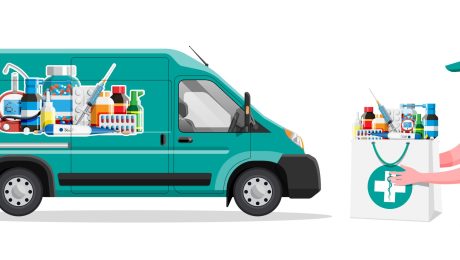How to Safely Transport Medical Drugs
Transporting medical drugs requires precision and attention to detail to ensure their safety and efficacy. Here’s a comprehensive guide tailored for Elis Ilac on the best practices:
Pre-Transport Planning: Set Up for Success
Identify each drug’s sensitivity to temperature, light, and humidity. Ensure optimal conditions during transit by understanding these requirements.
Hire professionals experienced in medical drug transportation. Verify that the company complies with Good Distribution Practices (GDP) and other relevant regulations.
Packaging and Preparation: Secure Your Shipment
Use materials like insulated containers, gel packs, and dry ice for temperature-sensitive drugs. Ensure compliance with industry standards and regulations.
Include handling instructions, storage conditions, and warnings on labels. Use barcodes or QR codes for tracking and ensuring proper handling.
Transportation Process: Monitor Every Step
Choose vehicles with climate control systems. Refrigerated trucks or vans are ideal for temperature-sensitive drugs. Ensure regular servicing and calibration.
Implement Continuous Monitoring
Use GPS tracking and environmental sensors for real-time monitoring. Immediate corrective actions can be taken if deviations from set parameters are detected.
Arrival Check: Ensure Drug Integrity
Check for signs of damage or temperature excursions upon arrival. Document and report any issues to the transport company.
Store drugs under appropriate conditions. Implement a systematic distribution plan to ensure timely delivery.
Risk Management: Be Prepared for Any Eventuality
Secure a comprehensive insurance policy to protect against financial losses. Ensure coverage for all potential risks specific to medical drug transportation.
Regularly train personnel on handling requirements, emergency procedures, and monitoring equipment. Stay updated on new regulations and best practices.
Conclusion: Maintain Excellence in Drug Transport
By following these steps, Elis Ilac ensures the safe and effective transport of medical drugs, maintaining their integrity and supporting uninterrupted healthcare services. Proper planning, suitable packaging, professional transport services, and continuous monitoring are key to successful drug transportation. Implementing these practices minimizes risks and upholds the quality of essential medical supplies.
- Published in Importing & Sourcing


